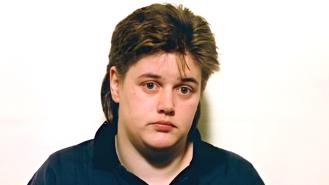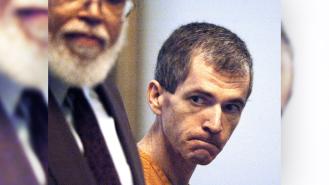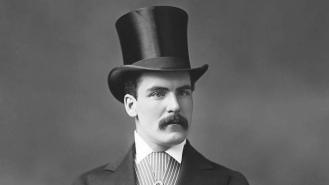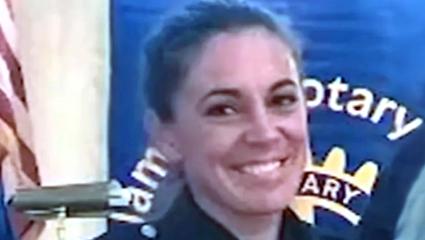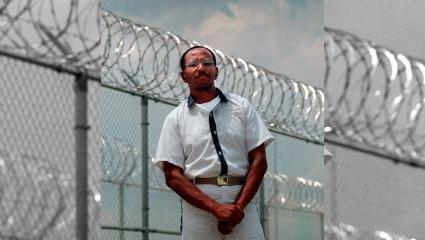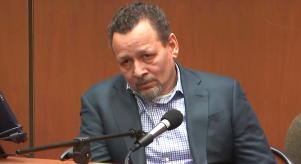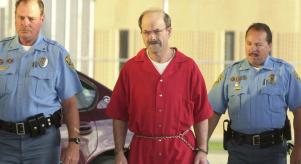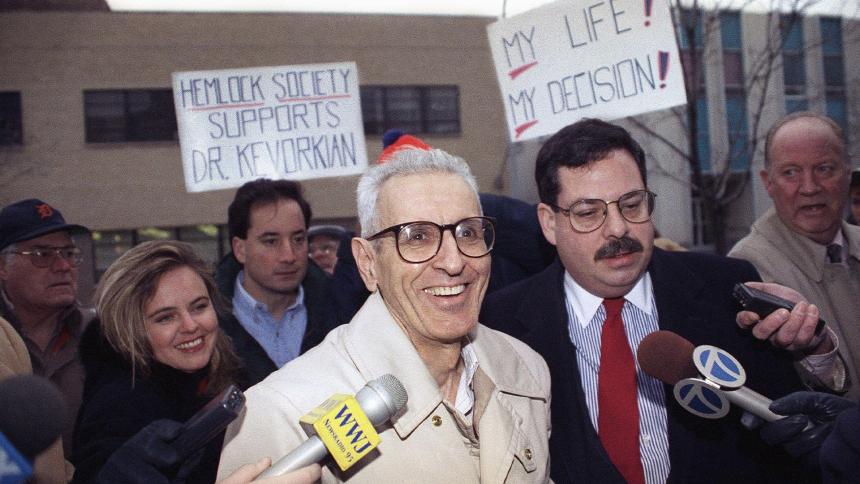
Dr Jack Kevorkian: The man who helped over 130 people die
Assisted suicide is one of the most divisive topics in the medical community. While some people believe it offers dignity in death, others worry it could be weaponised against the most vulnerable.
In the following article, the team at Crime+Investigation share the story of a key figure in the euthanasia debate - Jack Kevorkian. Dubbed by the media as 'Dr Death', he helped at least 130 patients end their lives between 1989 and 1998.
A child prodigy
Jack Kevorkian was born in Michigan on 26th May 1928 to Armenian parents. His family had fled the Armenian genocide in 1915, which claimed the lives of an estimated 1.5 million people. This generational trauma led a young Kevorkian to question the existence of God — and he stopped attending church by the time he was 12.
His parents quickly realised there was something different about their son. He was a voracious learner who taught himself multiple languages by the time he was a teen. He graduated high school with honours and went on to study at the University of Michigan Medical School.
Controversial ideas
It didn't take long for Kevorkian to earn a questionable reputation for his controversial ideas. Many regarded him as a pseudoscientific quack who continuously pushed the boundaries of what was morally acceptable.
He wrote in one journal article in 1959: 'I propose that a prisoner condemned to death...be allowed to submit, by his own free choice, to medical experimentation under complete anaesthesia as a form of execution in lieu of conventional methods prescribed by law.'
In another titled The Last Fearsome Taboo: Medical Aspects of Planned Death, he suggested that doctors should be allowed to experiment on the organs of disabled newborns - which was later condemned by leading disability rights groups.
His unorthodox and sometimes gruesome proposals earned him the nickname 'Dr Death'.
Assisted suicide advocate
Kevorkian's most famous work, however, was promoting the legitimacy of assisted suicide as a compassionate medical practice.
He believed that patients had a right to die, in accordance to a 'Doctrine' he had created. His stipulations were as follows: The patient must clearly express a desire to die, family physicians and mental health professionals must be consulted and patients should have at least a month to properly consider their options.
Inspired by euthanasia stories from the Netherlands, he planned to bring the practice to the US. Firstly, he built a 'suicide device' that allowed patients to administer their own medication. Then, he advertised his services in newspapers under the term 'death counselling'.
The first patient he knowingly assisted was Janet Adkins in 1990 - a 54-year-old woman with Alzheimer's disease. He was initially arrested for murder, but all charges were dropped because there were no laws prohibiting euthanasia in Michigan at the time. However, the state revoked his medical licence a year later.
Charged with murder
Kevorkian continued to help people die until November 1998, when he was eventually arrested and charged with murder. By this time, Michigan had introduced laws prohibiting assisted suicide, which Kevorkian claimed were 'immoral'.
In a grand act of defiance, he videoed himself administering a lethal injection to 52-year-old Thomas Youk, who was suffering from a progressive neurodegenerative disease called Amyotrophic Lateral Sclerosis (ALS). He then shared the footage with the media, who aired it on the popular TV show 60 Minutes.
Although Youk provided informed consent and his family insisted the procedure was humane, police charged Kevorkian with first-degree murder (later reduced to second-degree murder). He ultimately served eight years in prison before being released for good behaviour.
Hero or villain?
Kevorkian eventually died at 83 after a short battle with pneumonia, but his legacy lives on for better or worse.
Many euthanasia advocates praise him for challenging an outdated legal system that prevents the critically ill from dying on their terms. Geoffrey Fieger, his lawyer and friend, told reporters: 'He was a physician who had an acute sense of compassion and a respect for the dignity of his patients.'
However, others criticised Kevorkian's methods. According to a report by the Detroit Free Press, 60% of his patients were not terminally ill. Many hadn't complained of pain. The Michigan Court of Appeals would later argue that Kevorkian had 'made no real effort to discover whether [his first patient] wished to end her life', having only met her two days before the procedure.
Was Kevorkian an angel or a murderous medic who enjoyed watching people die? We’ll leave that up to you to decide.
Want more true crime stories delivered directly to your inbox? Sign up for the Crime+Investigation newsletter today. We’ll send you the latest articles, episodes and podcasts, so you’ll never miss out.

